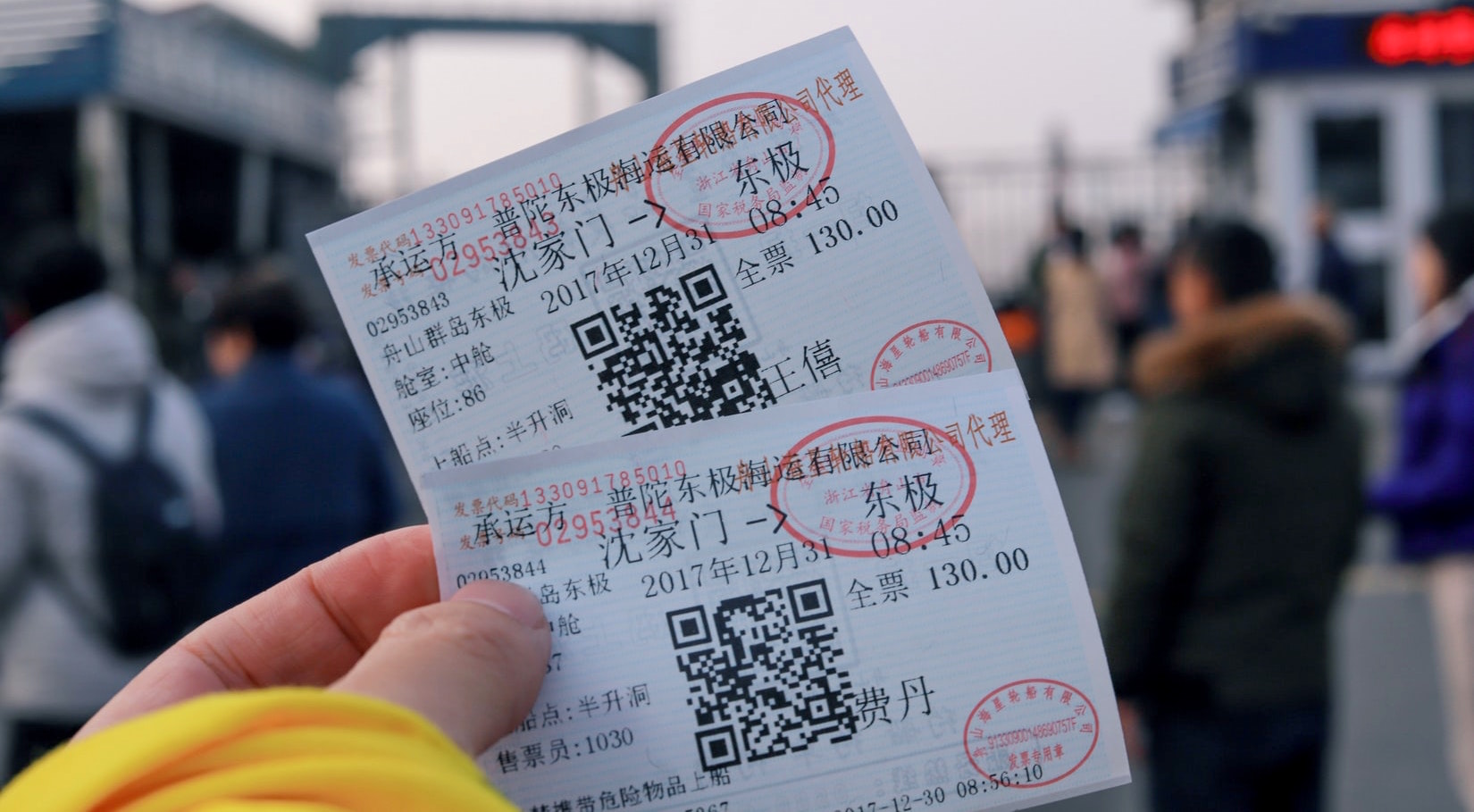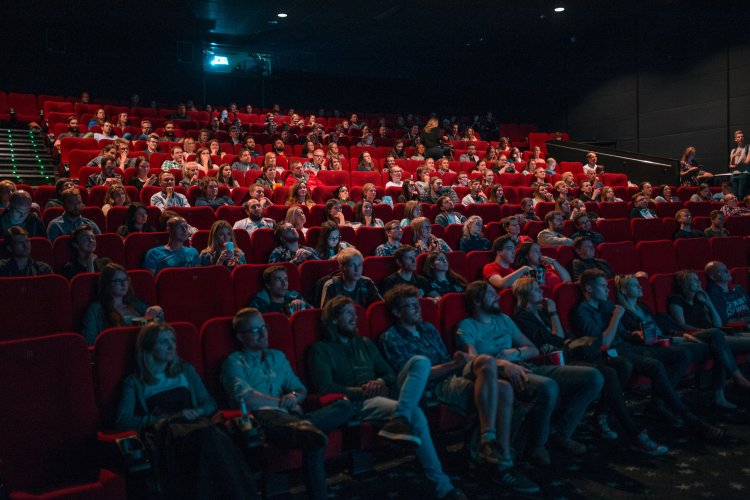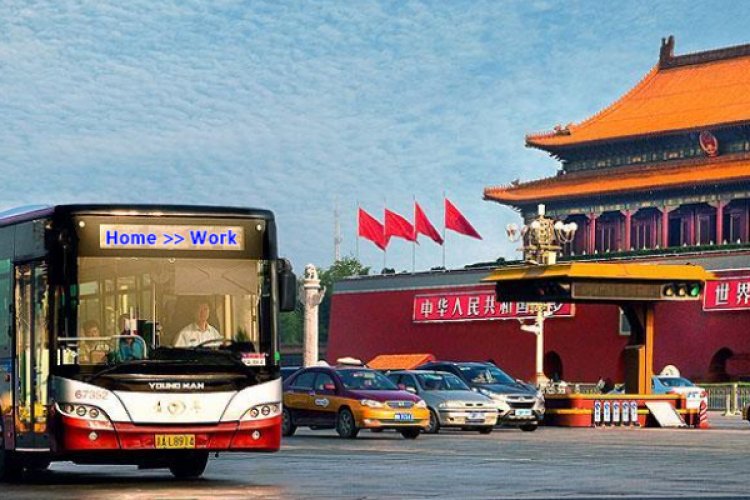Throwback Thursday: When Ticket Scalping Meant Cheaper Tickets
Throwback Thursday takes a look back into Beijing's past, using our 12-year-strong blog archives as the source for a glance at the weird and wonderful of yesteryear.
Ticket reselling, often called 'scalping' or 'touting,' is not unique to China, but the practice often takes on a unique character in the country, as we are reminded in this week’s throwback.
Ten years ago this month, Beijing’s snooker fans were gearing up for the China Open, in which Welshman Mark Williams faced off against Ding Junhui, who had won the UK Snooker Championship the previous year, thus earning him the splendid prize of his own bodyweight in meat pies. Ding donated most of the pies from that year's tournament to a Sheffield charity, but a year later in Beijing his fans also benefited – this time from the generosity of the ticket scalpers.

That’s right, tickets on the street were selling at half the price of official online sales. Why? It may have had to do with the fact that at that time, many venues demanded free tickets in exchange for hosting an event, which they then gave to scalpers to sell. Of course, when the tickets are free, whatever you sell them for is all profit.
Unfortunately, scalping in China doesn’t always result in lower prices, and the problem has reached far beyond concert and sports tickets. One example is train tickets, which scalpers have somehow continued to resell even as the country’s ticketing system has been updated to require an associated ID. This year, authorities confiscated over 23,000 railway tickets from scalpers during its Chinese New Year crackdown.
Even more egregious are the hospital ticket scalpers, who acquire tickets for appointments from hospital insiders and sell them at a markup to patients who are willing to pay extra for a two-day wait instead of a two-week wait. The practice carried on at least through 2016 in spite of a major crackdown.

While not morally appalling, another case of mass ticket scalping sparked uproar among China’s e-sport fans as recently as last year. Ahead of TI9, a Dota 2 tournament in Shanghai scalpers use their superior computing power to buy up hundreds of tickets within minutes of when they went on sale online. So far, so normal. But as complaints of empty rows and ticket price markups north of RMB 14,000, fans began accusing ticketing platform Damai of colluding with scalpers. Though not confirmed, state media reports seemed to corroborate the accusations.

Whether true or not, cases like TI9 are beginning to turn the tide against scalpers as events with large demand begin to require government-issued ID when purchasing and upon entrance.
READ: We Take a Look at Whispers of a Brickening From 10 Years Ago
Images: Raychan (via Unsplash), Esports Observer, Eurosport, gstvb.com







